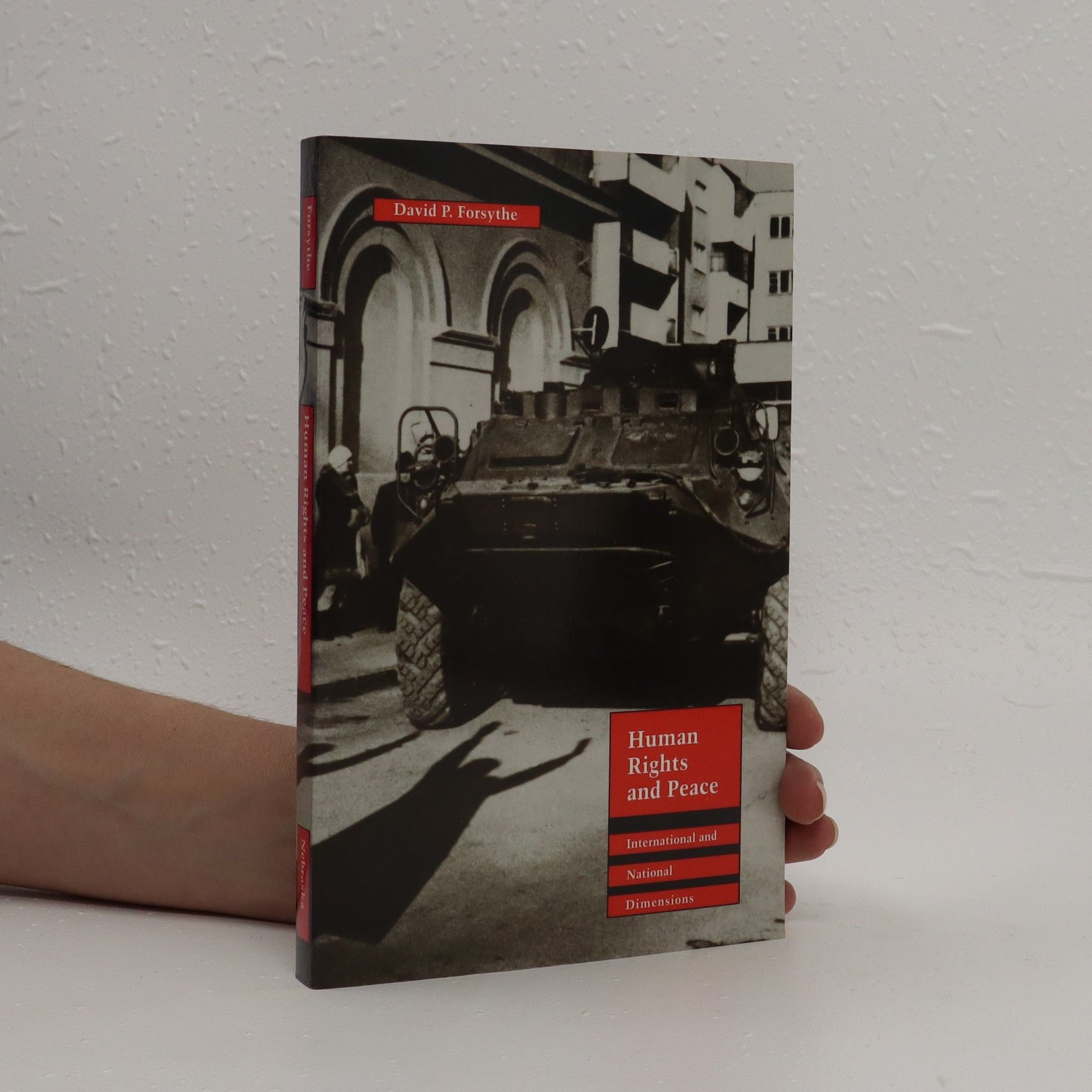Human Rights in International Relations
- 432pagine
- 16 ore di lettura
Part I. The Foundations: 1. Introduction: human rights in international relations; 2. Establishing human rights standards; Part II. Implementing Human Rights Standards: 3. Global application of human rights norms; 4. Transitional justice; 5. Regional application of human rights norms; 6. Human rights and foreign policy in comparative perspective; 7. Non-governmental organizations and human rights; 8. Transnational corporations and human rights; 9. The communications media and human rights: traditional and social domains; Part III. Conclusion: 10. The politics of liberalism in a realist world.

